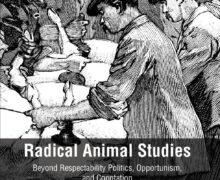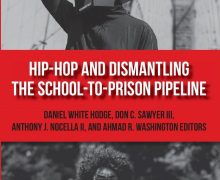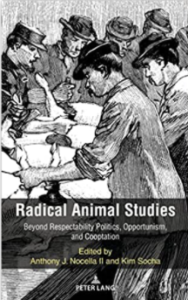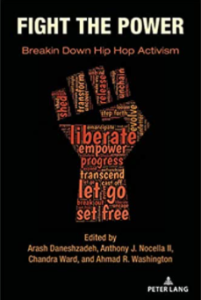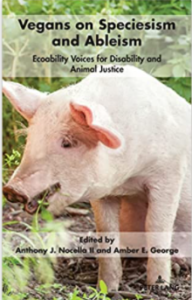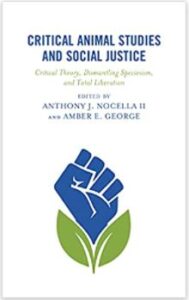Green Theory & Praxis Journal – Special Issue Call for Papers!
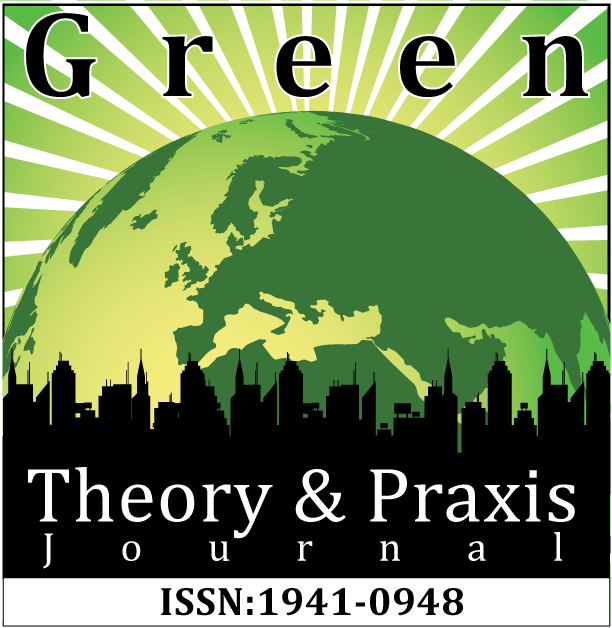 The editorial team at ICAS, Arissa Media Group, and GTPJ are excited to put out a call for papers for an upcoming special issue of GTPJ titled RADICAL ENVIRONMENTALISM: PAST AND PRESENT.
The editorial team at ICAS, Arissa Media Group, and GTPJ are excited to put out a call for papers for an upcoming special issue of GTPJ titled RADICAL ENVIRONMENTALISM: PAST AND PRESENT.
Publishing Date: June 2015
Deadline for Submissions: May 2015
Guest Editor:
Joel Helfrich, PhD.
Environmental Studies, Hobart & William Smith Colleges
Green Theory and Praxis Journal seeks papers that explore, historicize, and investigate the meaning of radical environmentalism from a global perspective. This thematic issue of GTPJ explores the concept of radical environmentalism from as broad a historical perspective as possible, without deference to a particular time or place. What does radical mean? What is radical environmentalism? And what or who is a radical environmentalist? For example, is it about tactics or identity, or something else? In addition to interrogating the very category under consideration, this special issue investigates radical environmentalist movements, activists, organizations, actions, and the various other historical “tributaries.” Indeed, radical environmentalism is a global, ecocentric (ecosystem-centered) movement whose direct action roots are found in a number of different places and in several separate historical moments.
In an age where anti-fracking activists, climate change scientists, conservationists, and environmentally-consciousness citizens have been painted by neoconservatives globally as part of some radical environmental agenda, the time is right to investigate, question, critique, and celebrate the history of radical environmentalism. Research and focus on radical environmentalism is timely and necessary to understand the past and ongoing efforts to not only marginalize so-called radical environmentalists but also anyone who promotes protection of the environment.
Some possible topic this issue might explore included, but not limited to, the following:
- Indigenous responses to resource extraction and exploitation as well as conflicts between and cooperation among radical environmental groups and indigenous peoples
- race, class, gender, LGBTQI, eco-ability, ecofeminism, environmental justice, and radical environmentalism; tree-sits; eco-warriors and “bio-gladiators”; monkey-wrenching; animal liberation and veganarchism; biocentric versus social justice activities; interpretations of radical environmentalism over time; the convergences between environmentalism and animal liberation movements;
- new biographical essays or new interpretations of individual activists and environmentalists;
- theories and arguments regarding so-called “eco-terrorism” and what is radical in our world;
- groups such as the Tucson Eco-Raiders, Greenpeace, the original ELF (Environmental Life Force), Sea Shepherd Conservation Society, Earth First!, People for the Ethical Treatment of Animals (PETA), ELF (Earth Liberation Front), and ALF; links between organizations such as the IWW and Earth First!;
- attempts by governments and agents provocateurs to subvert and infiltrate environmental organizers and groups; influences and the usefulness of millenarianism, deep ecology, anarchism, conservation biology, and ecofeminism, among others; and new investigations and insights about novels, historical moments, and other resources used and drawn on by radical environmentalists;
- as well as interviews, reflections, interventions, retrospective essays, teaching materials, course syllabi, film and book reviews, and photos essays.
Limit article submissions to 2,000-10,000 total words and reviews to no more than 3,000 words. The deadline for submissions for this special issue: May 15, 2015.
Send all submissions in APA 6th Ed. to Issue Editor, Joel Helfrich at helfrich@hws.edu.
For any questions, feel free to contact GTPJ editorial team.


